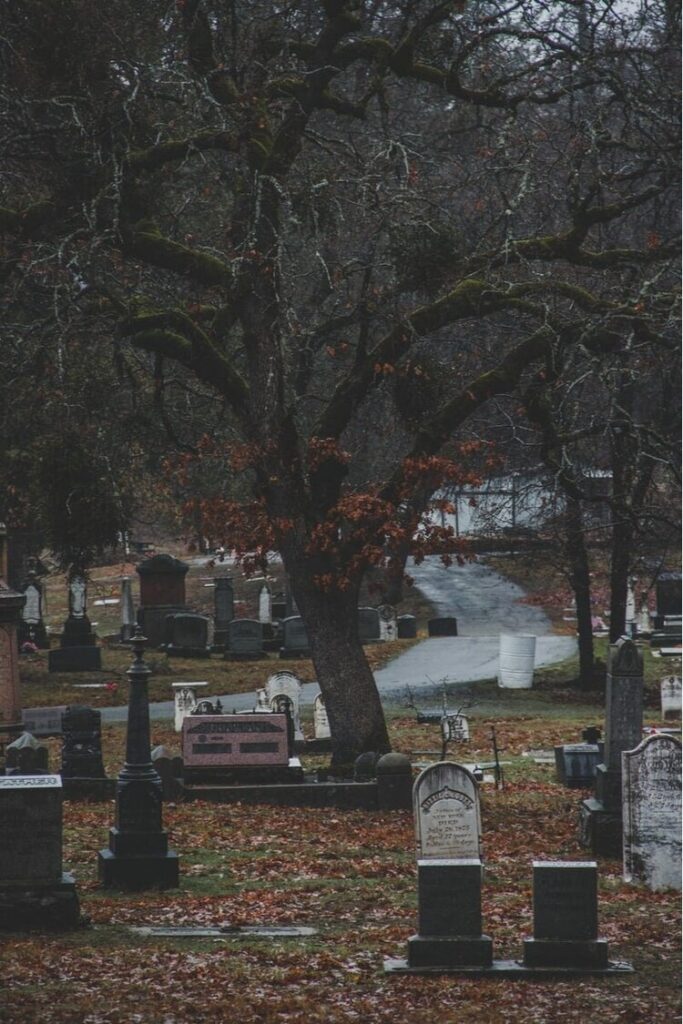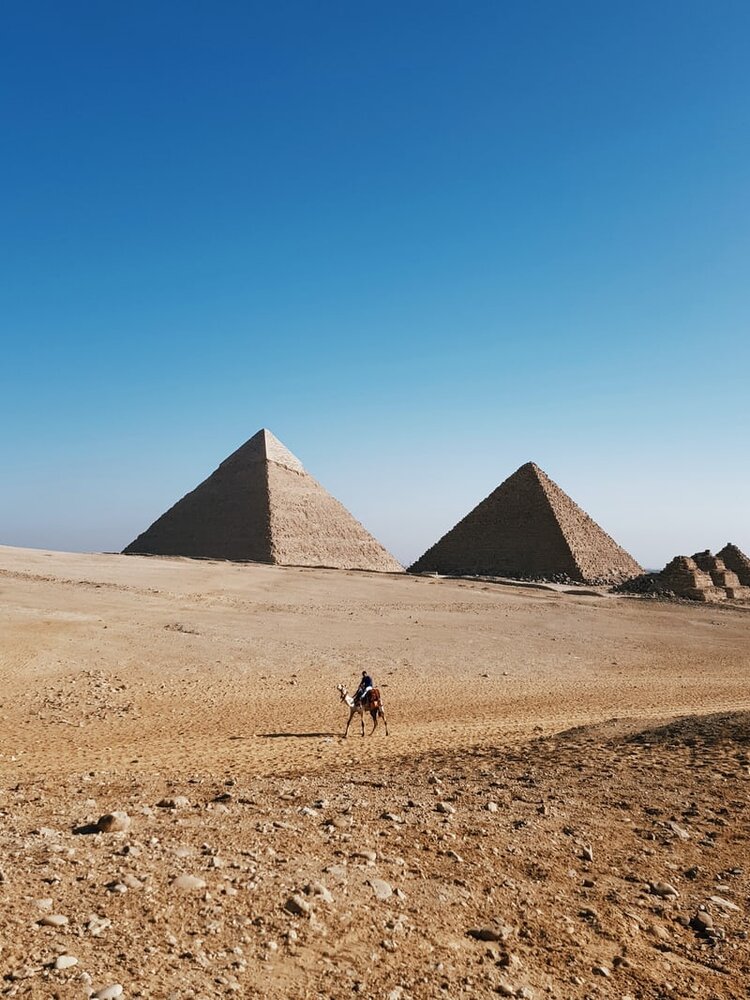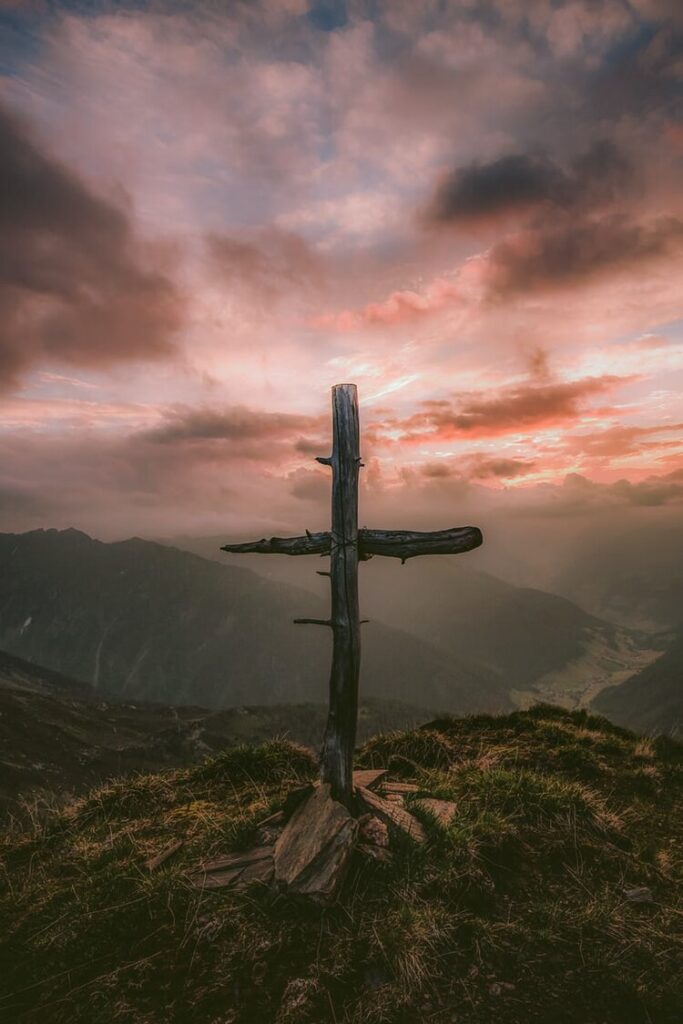

Have you ever feared or questioned what to expect beyond this life here? If you are breathing and able to think objectively, you have to admit that death is a guaranteed part of life. One hundred percent of us will die. No one knows when that will be, but no one apart from Enoch, Elijah, and Christ (who actually did die but rose again), has ever escaped this inevitable.
Most of us don’t like to discuss this topic, do we? You’re probably wondering why I would want to talk about it on my blog. It’s not like I’m looking to turn people away from reading my work or hearing what I’ve been thinking or pondering. So why bring up such a touchy subject, especially in a climate that is ripe with fear because an unseen virus has taken the lives of so many people?
I’ll explain that in a moment. This post really is about good news, so please hang in there.

First, I want to explore the fear factor—or what some prefer to consider it—the denial factor.
We’ve grown up in a culture where death is swept away from us. Most people don’t die at home surrounded by loved ones. They die in sterile hospital beds among strangers. Or they are killed in accidents or any other myriad ways to leave this earth, but the days of grandma living with us and dying in her bed and having her body lie in state in the parlor for two days are long gone. One hundred years ago that was not the case—in fact my own great-grandmother died that way—but we’ve traveled many roads since then and the experience today is not the same.
So we aren’t really used to death up close and personal. And we put off thinking about it happening to us because we fear what lies beyond. One of our neighbors thinks he will just go to sleep and never wake up. This life is all there is to him and when it’s over, it’s over. What happened to the inner knowledge that we were made for so much more?

Another neighbor can’t go to funeral homes because they make her feel creepy. Avoiding something doesn’t make it go away. Neither does denying it.
THE THING IS, WHETHER WE FEAR SOMETHING OR DENY ITS EXISTENCE DOESN’T MEAN IT WON’T HAPPEN OR IT ISN’T TRUE. THE BETTER WAY TO HANDLE OUR FEAR IS TO FACE IT. WHY DO WE FEAR THE NEXT LIFE? WHY DO WE WANT TO DENY ANOTHER LIFE AFTER THIS EXISTS?
Have you ever felt, deep inside yourself, that you were made for eternity? The Bible tells us that God put eternity in our hearts. So I would ask—if you search your heart, is there a longing for life beyond a short 70-80+ years on planet earth?
I study ancient religions as part of my research for biblical novels. Ancient Egypt, as an example, was a culture where death consumed them for most of their life. I personally think that would be rather creepy, but that was what they did. They prepared for it, especially those in royal households, by creating burial customs and mummification of the body and elaborate mourning periods, and belief in gods that might help them make safe passage into the underworld.

Other religions do similar things even today. Religion, by its very nature, sets up a list of rules for people to follow in order to be “good enough” to go to heaven. We imagine balance scales—do my good works outweigh my bad? Or maybe we think we are entitled, as another neighbor once told me, to go to heaven because her dad was there. Another felt she had done so much for God he had better let her in. That one made me pause because it smacks of arrogance in thinking we have some kind of right to tell God, who made heaven and earth, how He should run things or that He owes us something.
But the truth is God doesn’t owe us anything. We have all fallen short of His standard, which is called sin. Jesus came to set us free from that sin. So often we balk at this because no one likes the word sin. We hate admitting that it could apply to us.

We believe evil exists in the world. We believe good exists too. But who then determines who is good and who is evil? If even one lie makes me a sinner, then I am a sinner and so are you. We all fall short of the mark of perfection that is who God is. Jesus is the only person who perfectly kept God’s law. He is the one who gave His perfection to us in exchange for our sin. He carried that sin to His death on a cruel Roman cross and thereby canceled the debt we owed God for breaking his moral law.
If that doesn’t resonate as good news to a broken world, I’m not sure what can. The thing is, every other religion I’ve studied is a works-based faith. If we work hard enough, do the right things according to our creed, whatever a religion sets up as important and good, we can never keep those laws or decrees perfectly. Never. The Jews who received the Law of Moses, which was the Law of God, vowed to keep it once they heard it. What they should have done was fallen on their faces and begged for mercy because if you’ve read that law you know without doubt there is NO WAY you could possibly keep every detail of it and never fail.
We have all fallen short.

But don’t you see, this is where good news begins! It is why Jesus came! He did not come to establish a new religion. He came to bridge a gap in a broken relationship with His Father so that yes, when we die, we can live eternally, as we were always meant to do, with Him in heaven. It is the hope of Christianity. It is the joy in living. It’s that simple.
That’s why I decided that bringing up a touchy, yet inevitable subject is worth the risk. I want everyone to know that this is not the end. There is so much more and it can be a future full of hope! Death is simply the “to be continued” part of our life’s much longer story. We can have a hope that is in heaven. We are looking for a kingdom whose architect and builder is God. And everyone willing to trust in Jesus is offered this same relationship, this gift of underserved grace, this hope in eternal life.

We also have a blessed hope of Jesus’ personal return to this earth—the one we fear losing, but which will one day be made new, just like we will.
We all want or at least like the idea of heaven after we die. But heaven is not offered without cost. That is, it is free to anyone who is willing to trust in and accept God’s way of entering. But it cost Jesus everything to make that way possible.
It’s like a person who gets into trouble by taking on way too much debt and then can’t pay it back. If someone cancels their debt, how is that possible? The money still has to come from somewhere. We can’t just erase a debt without it affecting the accounting system. Someone loses. In earthly terms we might not care if big corporations or universities or the elite lose money. But if someone paid our debt at the cost of his life, how would that make us feel? That’s what Jesus did.
Why did He do it? For that “to be continued” joy that was right in front of Him. He saw the future and knew that without His participation in His Father’s plan…if He’d said, “No, I can’t do that,” then there would be no “to be continued” with great eternal joy. There would be no good news.

But there is. And aren’t you glad? I am. I find great gratitude and peace in knowing that this life here with all of its ups and downs, drama and upheavals, joys and sorrows, is not the end. What is temporary here, just continues for those who trust in Jesus on into forever and ever and ever and ever minus the downs and drama and sadness and pain we have here. Heaven with Jesus is joy without end. That’s the best ending to any story I could ever imagine.
~Selah
#tobecontinued #joywithoutend #goodnews #thegreateststoryevertold #lifeanddeath #canceleddebt